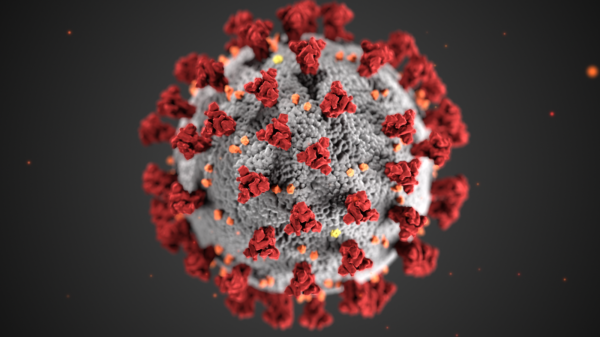Dysphagia is a condition where an individual has difficulty swallowing. It can be a very distressful and uncomfortable thing to deal with, taking the joy out of enjoying a delicious meal or making someone feel self-conscious when they eat or drink. Some people with dysphagia might only struggle to consume certain foods and beverages, while others might continually find it hard to swallow. For more information, below is a list of symptoms, possible causes, and information on the lifestyle of someone with dysphagia.
Symptoms
Symptoms of this condition include choking or coughing when trying to swallow food or drink, bringing food back up after attempting to swallow, persistent drooling or the feeling that something is stuck in your throat. Someone with dysphagia might also lose weight as a result of finding it difficult to eat or might catch regular chest infections. If you or someone you know is experiencing any of the above symptoms, make an appointment with your doctor to find out whether or not it is dysphagia.
Causes
Some other health conditions can result in difficulty swallowing, and these might lead to permanent issues or temporary ones. The most common reasons why a person might develop dysphagia are dementia in senior citizens or a stroke. Mouth or throat cancer can also lead to discomfort and difficulty when it comes to swallowing, both as a result of cancer itself and the treatments given to fight it. Or, it could be caused by gastro-oesophageal reflux disease, which is when stomach acid moves up into the esophagus. Other conditions that might cause dysphagia include MS, brain tumors, Parkinson’s, Cerebral Palsy, and learning difficulties.
Treatments
Of course, the kind of treatment a patient will receive will depend on the cause of the dysphagia. For dysphagia that is caused by issues associated with the mouth or throat, a doctor might try swallowing therapy to help a patient strengthen that ability. Changes to a person’s diet might also be explored, or feeding tubes might be necessary for some circumstances.
For dysphagia that is caused by problems to do with the esophagus, doctors might look at recommending medications for indigestion if this appears to be the issue. Alternatively, if a patient is struggling to swallow due to muscular problems, medications to help with this will also be offered, or a doctor might recommend surgery as an option in some cases.
Lifestyle
As dysphagia affects a person’s ability to swallow easily, it is this aspect of their lifestyle that is most affected, depending on whether they have another condition that causes it and what that condition is. Those with dysphagia might want to consider food and drink thickeners like SimplyThick to help them maintain a healthy diet and eat regularly. They should also steer clear of smoking and alcohol, which can exacerbate the condition and foods that are quite hard or generally more difficult to swallow.
There are many reasons why a person might develop dysphagia, but it’s important that if you recognize any of these symptoms, you should see your doctor to make sure you’re getting the right treatment and support.






























































